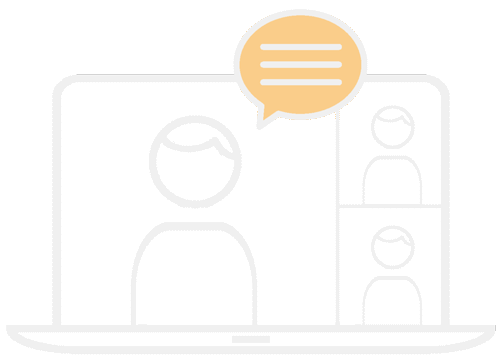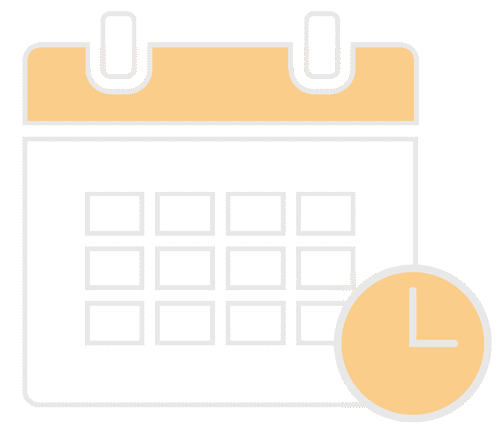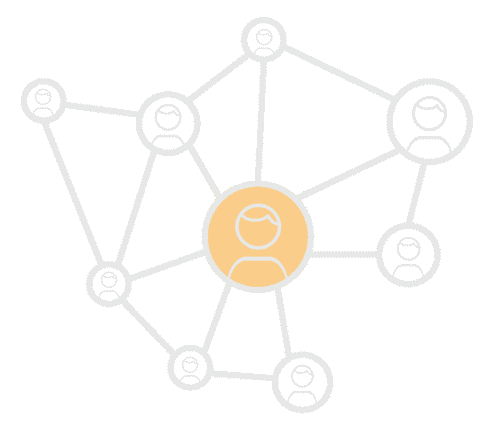{
"name":"Commons in Space 2022 Virtual Conference",
"description":"",
"startDate":"2022-11-02",
"endDate":"2022-11-04",
"startTime":"15:00",
"endTime":"20:00",
"location":"Online — Worldwide https://2022space.iasc-commons.org/",
"label":"Add to Calendar",
"options":[
"Apple",
"Google",
"iCal",
"Microsoft365",
"MicrosoftTeams",
"Outlook.com",
"Yahoo"
],
"timeZone":"Europe/Amsterdam",
"timeZoneOffset":"",
"iCalFileName":"Add-Conference-to-Calendar"
}




